Twelve defendants linked to Daesh-Khorasan Province (Daesh-K), a so-called offshoot of the Daesh terrorist group, will soon go on trial. An indictment by Turkish prosecutors accuses the defendants of training recruits in an illegal center they set up in the Istanbul suburb Başakşehir. Prosecutors say the defendants were ordered to attack the Turkish Grand National Assembly in the capital, Ankara, military bases and police stations by Daesh leadership.
Six among the 12 defendants were earlier remanded in custody, while others were released pending trial. The defendants are mostly foreign nationals.
The indictment says members of Daesh-K, hailing from Uzbekistan, Kyrgyzstan and Caucasus countries, set up what they called the “Darul Vefa Education and Action Center” in Başakşehir and were in touch with the terrorist group’s members in Syria and Afghanistan. The center was “staffed” with instructors, mostly from Arab countries, according to the indictment, which stressed that pupils were indoctrinated in Daesh propaganda under the guise of religious education and Daesh leadership sought to lure pupils to join the group as recruits in Afghanistan. The center was under police surveillance before an operation, and suspects noticed this and tried to deflate attention by sending pupils to different “masjids.”
It also ran dormitories that hosted Daesh members who fled Syria in the past, from Uzbek and Tajik nationals to Egyptian and Iraqi citizens. Other guests of the dormitories were children of Daesh members killed in counterterrorism operations in Syria, including Moroccan, Iraqi, Egyptian and Tunisian nationals.
The prosecutors say nine members of the Daesh cell convened in Istanbul in June 2023 and discussed instructions by Daesh leadership in Syria to carry out terrorist attacks. The suspects decided to obtain explosives from a person named “Fuad Azeri” and divided tasks among themselves to carry out attacks, including receiving funds from fellow Daesh members. Prosecutors say Fuad Azeri is the defendant known as Fuad Rasulov, who was captured in a 2022 operation in Istanbul. Back then, Rasulov was charged with terrorism propaganda and recruiting Tajik nationals for the terrorist group, as well as activities in Syria for Daesh. Rasulov’s past criminal record includes drug possession that landed him in jail in Azerbaijan. He traveled to Türkiye from there after serving time and was detained and incarcerated for two years in Türkiye over his links to the Daesh terrorist attacks that targeted an Istanbul nightclub.
Daesh-K also ran a Russian social media account to promote the center. The defendants claimed that they simply visited the center to perform prayers, while one of them recalled a suspect he called “Hasan” influenced visitors at the center to carry out “jihad.” The suspect, identified only as Ahmed, said the children staying in the dormitory skipped mandatory education in Turkish public schools.
The indictment includes evidence regarding the defendants’ ties to Daesh, including photos and documents showing their links to the group and documents containing Daesh propaganda.
The prosecutors ask for prison terms of up to 15 years for each defendant on charges of membership in a terrorist group. They are scheduled to appear before an Istanbul court in late May.
Daesh remains the second biggest threat of terrorism for Türkiye, which faces security risks from multiple terrorist groups and was one of the first countries to declare it as a terrorist group in 2013.
It carried out a string of attacks, including against a nightclub in Istanbul in 2017 that left 39 people dead and a 2015 bombing attack in Ankara that killed 109.
In October 2022, Daesh-K, known to be active mainly in Afghanistan and surrounding regions, attacked the Shah Cheragh mosque in Iran’s Shiraz, killing 15 people and injuring 40 others. In December 2022, the same terrorist group attacked a Chinese-owned hotel in the Afghan capital, Kabul, killing three people and injuring 15 others. In early 2024, Daesh-K carried out an attack, killing 103 people and injuring dozens of others, during a commemoration ceremony for slain Gen. Qassem Soleimani on the anniversary of his killing in Kerman, Iran. Most recently, it claimed an attack in Moscow that killed dozens of people.
Daesh-K has been looking for new “methods” and recruiting foreign members for its activities after constant counterterrorism operations became a “challenge,” Turkish security sources told media outlets last month.
The National Intelligence Organization (MIT) thwarted the terrorist group’s efforts for recruitment, obtaining funds and logistics support after its latest operation in the aftermath of a church shooting in Istanbul in January that killed one person.
In December last year, Turkish security forces detained 32 suspects over alleged links with Daesh, who were planning attacks on churches and synagogues, as well as the Iraqi Embassy.
Turkish airstrikes also target hideouts of Daesh in northern Iraq and Syria near the Turkish border.
Terrorists from Daesh and other groups, such as the PKK and its Syrian wing, the YPG, rely on a network of members and supporters in Türkiye. In response, Ankara has been conducting pinpoint operations and freezing assets to eliminate the terrorist groups at their roots.
Türkiye deported 9,000 foreign terrorist fighters, mainly from Daesh, from 102 different nationalities, of which 1,168 are from the U.S. or EU member countries, since 2011.
In the past nine months, Turkish police also arrested more than 650 alleged Daesh terrorists in countrywide operations and prevented 19 attack attempts, according to figures from the Interior Ministry.

















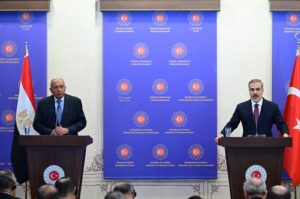

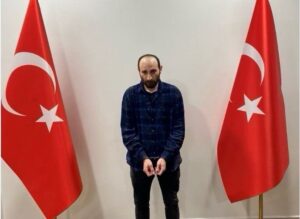


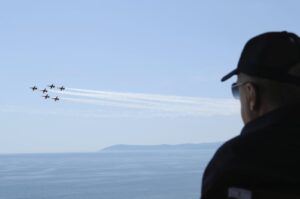
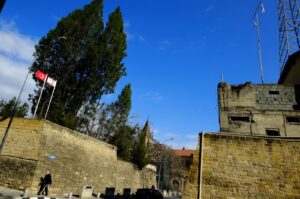


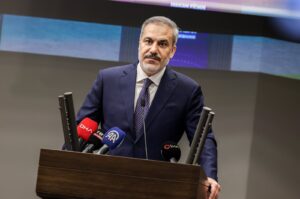




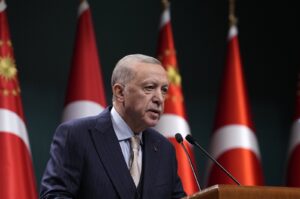
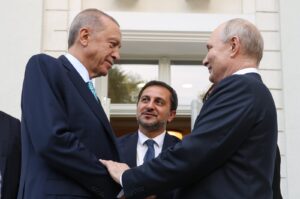
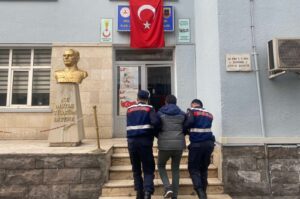
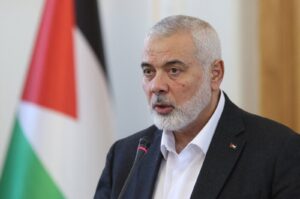
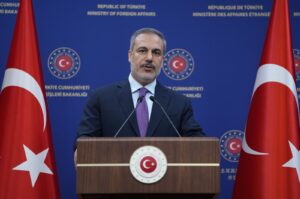

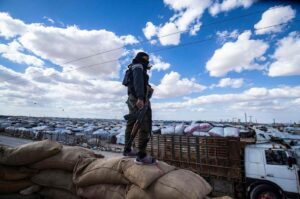
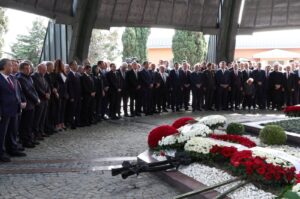
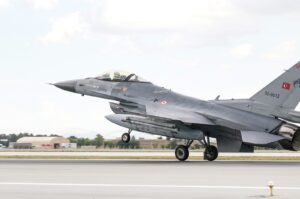

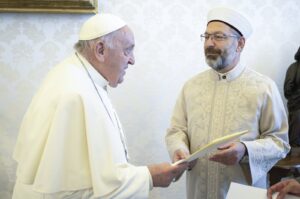


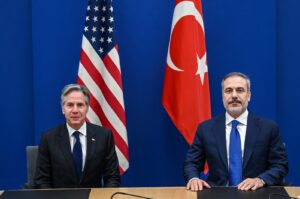
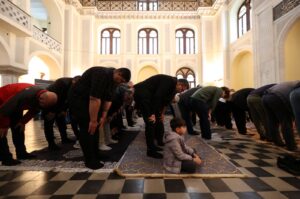


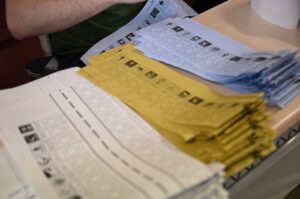
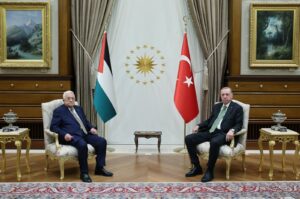

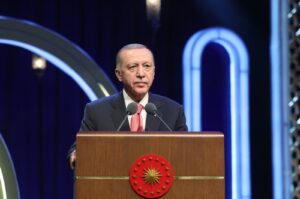
Be First to Comment